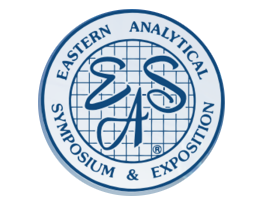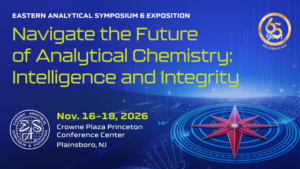One-Day Course
Sunday, Nov. 11; 8:30am – 5:00pm
Dr. Scot D. Abbott, Phoenix First Response, Pittsburgh, PA
COURSE DESCRIPTION
MS Excel® is an exceptionally powerful and underutilized resource for scientists and engineers. This short course will show how to use Excel® for such diverse ways as instrumentation control, automated experimentation, data post processing, reviving broken instruments and making whole, new analytical systems. This approach provides an economic way to expand the power in labs at very modest cost without need for a dedicated programmer or electrical engineer.
It will show how to make user interfaces, revive and control instruments, and assemble separate devices into a working whole analytical system. Examples include chromatography systems, mechanical testers, automation of sample preparation, robotics and economic robotics for lab applications.
WHO SHOULD ATTEND
Scientists and engineers involved with instrumentation, researchers needing new or novel measurement systems, owners of broken, expensive instrumentation, service engineers, people automating procedures and devices.
TOPICS
1. Software Aspects with Examples for:
a. Essentials of Device Personality
b. Defining user interfaces
c. Defining system control; key tasks
d. Intrinsic documentation
e. Avoiding writing code
2. Hardware Aspects: Mechatronics in Labs
a. Actuators
b. Sensors
c. Work stations
d. Transporters
3. Integrating the Electronic and Software Elements
a. Simple examples
b. Whole instrument personalities
c. Smart controls
d. Reviving broken instruments
e. Making complete system from components
ABOUT THE INSTRUCTOR
Dr. Scot D. Abbott has been involved with all aspects of instrumentation development and applications for 50 years. He has numerous patents and publications in gas chromatography, liquid chromatography, clinical analyzers, detectors, particle size analyzers, GPC, SFFF, viscometers, and mechanical testers.

